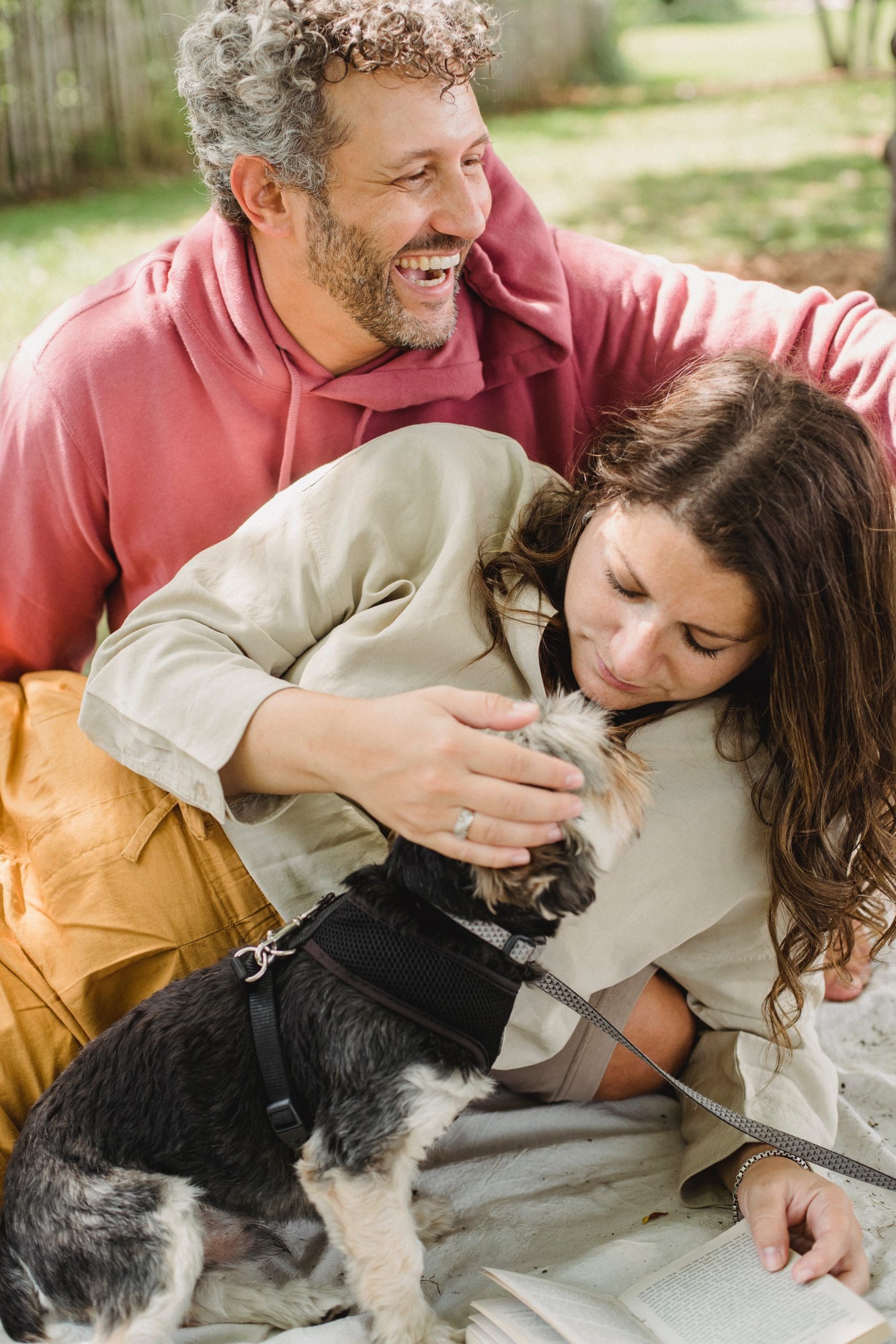Dealing with an aggressive dog can be a challenging experience for any pet owner. Aggression in dogs can show itself in various forms, including barking, growling, snapping, and biting. It often arises from fear, territorial instincts, or past trauma. Understanding the root cause of this behavior is crucial for providing the right support and intervention. The first step is acknowledging the issue and seeking help.
Stay Calm and Observe
When aggressive behavior appears, remaining calm is essential. Dogs are sensitive to their owner’s emotions, and anxiety or fear can escalate their agitation. Observing your dog’s body language is critical. Signs of aggression may include raised hackles, stiff posture, bared teeth, and a fixed stare. Recognizing these signs early can help prevent escalation.
Understanding the Cause of Aggression
Aggression often stems from fear or anxiety. A threatened dog may resort to aggressive behavior as a defense mechanism, particularly if it has not been socialized properly or has faced trauma. Approaching the situation with empathy rather than frustration can foster a more supportive environment for your dog.
Seeking Professional Help
If aggressive behavior persists, consulting a professional trainer or behaviorist is advisable. These experts can assess your dog’s behavior and develop a tailored plan to address aggression. They can also teach you how to interpret your dog’s body language, helping you intervene before aggression escalates.
Effective Training Techniques
Training is a vital component in managing an aggressive dog. Positive reinforcement techniques, which reward desirable behaviors instead of punishing undesirable ones, can be incredibly effective. This method not only modifies behavior but also strengthens the bond between you and your dog. For example, if your dog reacts aggressively to other dogs during walks, rewarding calm behavior can teach your dog that calmness leads to positive outcomes.
The Importance of Socialization
Socialization plays a crucial role in preventing aggressive behavior. Exposing your dog to varied environments, people, and animals can help reduce fear and anxiety. Begin with low-stress situations, allowing your dog to gradually become comfortable with new experiences. Always supervise interactions and prioritize your dog’s comfort. If your dog shows signs of stress, remove them from the situation and try again later.
Identifying Triggers
Understanding your dog’s triggers can significantly aid in managing aggression. Triggers may include specific people, animals, or situations. Keeping a journal of your dog’s behavior can help identify patterns. Once you recognize these triggers, take proactive steps to avoid them or gradually desensitize your dog.
Medical Considerations
Sometimes, medical issues contribute to aggressive behavior. If aggression is new or seems uncharacteristic, consulting a veterinarian is wise. Pain or illness can lead to irritability and aggression. A thorough medical examination can rule out underlying health issues influencing your dog’s behavior.
Creating a Safe Environment
A secure home environment is essential for your dog’s well-being. Provide a designated area for your dog to retreat when feeling overwhelmed. A cozy bed, toys, and access to fresh water can help create a sense of security. Additionally, consider using baby gates to limit access to certain areas, especially when visitors or other pets are present.
Consistency and Patience
Managing an aggressive dog requires patience and consistency. Behavioral changes take time, and setbacks may occur. Maintaining a positive attitude and celebrating small victories is essential. Support from family and friends can also be beneficial, as educating them about your dog’s behavior can help create a calm environment.
Medication as a Supplement
In some cases, professional help may include recommendations for medication. Certain behavioral issues can be alleviated with anti-anxiety medications. If suggested by your veterinarian or a veterinary behaviorist, following their guidance and monitoring your dog’s response to treatment is crucial. Medication should always accompany behavioral training and not serve as a standalone solution.
Reinforcing Positive Behavior
As your dog progresses in training, reinforcing good behavior consistently is important. Use treats, praise, and affection to reward positive responses to previously triggering situations. This positive reinforcement helps your dog associate good experiences with stressful situations, gradually reducing aggressive behavior.
The Role of Exercise
Regular exercise is another essential aspect of managing aggression. A well-exercised dog tends to be calmer. Daily walks, playtime, and mental stimulation can alleviate pent-up energy and reduce anxiety. Engage your dog with activities like puzzle toys or scent work to provide mental challenges that keep them focused.
Safety First
In challenging situations, such as aggressive encounters with another dog, prioritize safety. Familiarize yourself with emergency protocols for safely separating fighting dogs or protecting yourself in threatening situations. Carrying a deterrent, like a whistle or citronella spray, can be useful, but these should only be used as a last resort.
Building a Support Network
The journey with an aggressive dog can be emotionally taxing. It’s normal to feel overwhelmed or frustrated at times. Seeking support from fellow dog owners, trainers, or online communities can provide encouragement. Sharing experiences can remind you that you are not alone.
Fostering a Harmonious Relationship
Creating a harmonious living environment for both you and your dog is achievable with patience, understanding, and the right approach. Celebrate the progress made and seek help when necessary. Working through challenges can strengthen the bond with your furry companion, making a fulfilling life together possible. Every dog is capable of change, and with the right support, your dog can learn to feel more secure and less reactive in their environment.



